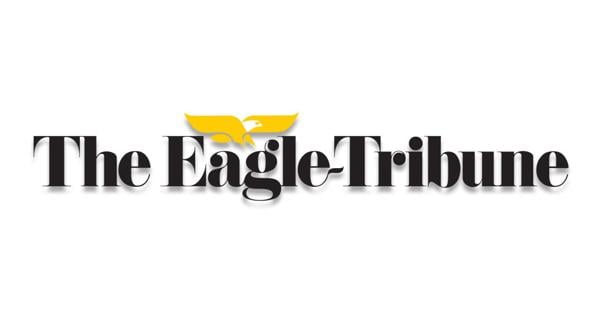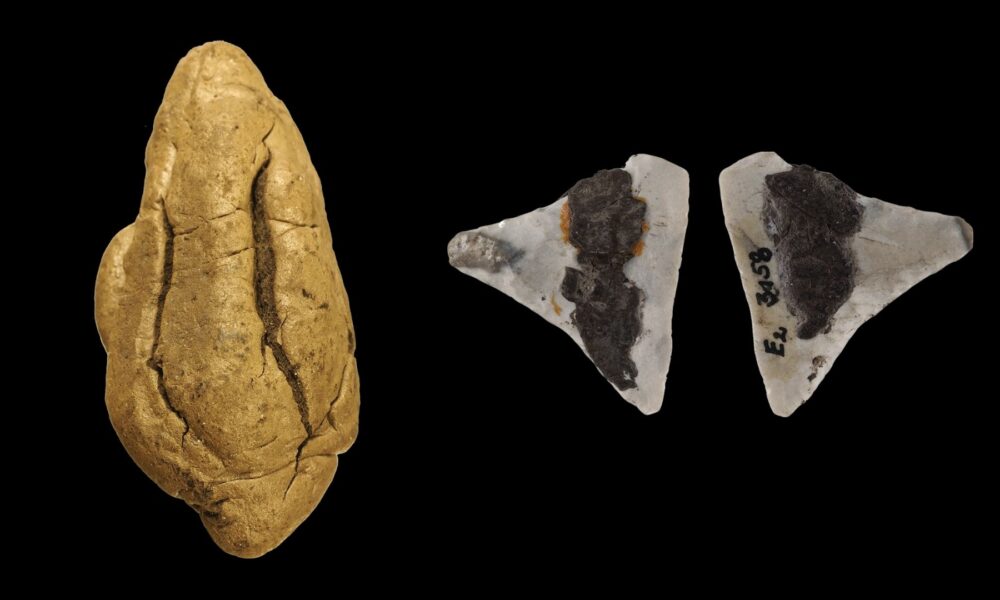Jupiter Endovascular, Inc., a leading medical technology company based in Menlo Park, California, has announced positive results from its first-in-human (FIH) SPIRARE I study. The findings were presented at the Transcatheter Cardiovascular Therapeutics (TCT 2025) conference, highlighting the potential of the company’s proprietary Transforming Fixation (TFX) technology for endovascular interventions.
The SPIRARE I study, which marks a significant milestone for Jupiter Endovascular, aimed to evaluate the safety and effectiveness of the TFX technology in patients requiring vascular interventions. This innovative approach is designed to enhance the stability and performance of endovascular devices, addressing critical challenges faced in current vascular procedures.
Professor Irene Lang, MD, who serves as the Principal Investigator and is a Professor of Vascular Biology at the Medical University of Vienna, led the presentation at TCT 2025. Her insights into the study results underscore a promising advancement in the field of vascular medicine.
The study involved a diverse group of participants and aimed to assess various clinical endpoints, including procedural success rates and patient outcomes. Preliminary data revealed that the TFX technology demonstrated a high level of safety, with minimal complications reported during the trial. The results are expected to pave the way for further clinical evaluations and potential commercial applications.
Jupiter Endovascular’s commitment to innovation in medical technology is reflected in its rigorous approach to research and development. The company’s efforts are geared towards improving patient care and outcomes through advanced vascular solutions. According to the data presented, the TFX technology could potentially reduce procedural complications and enhance the long-term effectiveness of endovascular interventions.
The positive results of the SPIRARE I study have garnered attention within the medical community, positioning Jupiter Endovascular as a key player in the evolving landscape of vascular therapy. The company plans to continue its research efforts, with the aim of expanding the applications of its technology and ultimately improving patient treatment options.
As the findings from the SPIRARE I study circulate among healthcare professionals and researchers, the implications for future clinical practices and innovations in endovascular procedures remain significant. Jupiter Endovascular’s ongoing work is a testament to the potential of technological advancements in transforming patient care within the vascular field.







